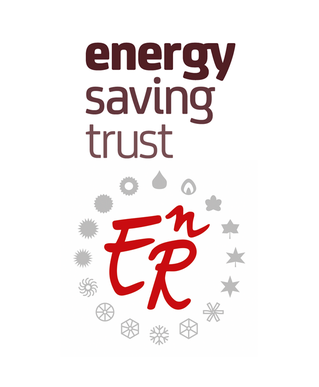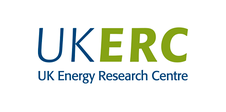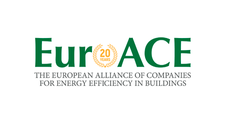Search eceee proceedings
Can the provision of energy and resource efficiency information influence what consumers buy? A review of the evidence
Panel: 9. Improving energy efficiency in ICT, appliances and products
This is a peer-reviewed paper.
Authors:
Fiona Brocklehurst, Ballarat Consulting, United Kingdom
Colin Whittle, Cardiff University, United Kingdom
Catriona McAlister, Sea Green Tree Consulting, Spain
Lorraine Whitmarsh, Cardiff University, United Kingdom
Abstract
A wide range of information, including energy labels, eco-labels, and procurement guidance, are provided to encourage individuals and organisations to buy more sustainable goods. An understanding of the most successful approaches can enable more effective labelling approaches to support greater energy efficiency and the circular economy. This paper presents some results from research for Defra (the UK Government’s Environment department) and WRAP investigating how the provision of factual information about the environmental impact of a product influences more sustainable purchasing.
The core of the research was a Rapid Evidence Assessment (REA), developing and applying a formal research protocol in order to make the process as objective, robust and transparent as possible. The full REA covers a wide range of environmental aspects (energy use; carbon footprint; sustainability; lifecycle impact; water use; reparability and durability) and products (electrical appliances; vehicles; buildings; textiles and clothing, paper and wood products, cleaning/home chemical and cosmetic products). This paper presents an overview of the REA methodology and an outline of some of the results and conclusions. It then focuses on the findings of four studies on the effect of provision of information on different non-energy sustainability aspects for energy using products.
Information on a range of sustainability impacts were found to be effective, for audiences in Europe and Asia, across an assortment of products, for most products. Further, this focused investigation supports some of the specific conclusions of the broader REA – namely that:
• not all sustainability impacts are equal in the minds of consumers; so a positive response to information on one impact may not guarantee a similar response to information on another.
•information on the same sustainability impact may be perceived differently depending on the product.
The recommendation is that further research will be needed to systematically test information across a range of products and consumer groups to determine which aspect of environmental sustainability will be most effective for which product and for which consumer group. Also testing aspects of environmental sustainability that are clear in their focus will help with comparability of effects between different studies and give an improved understanding of what sustainability aspect participants are responding to.
Downloads
Download this paper as pdf: 9-135-19_Brocklehurst.pdf
Download this presentation as pdf: 9-135-19_Brocklehurst_Presentation.pdf
Panels of
1. The dynamics of limiting (energy) consumption
2. What's next in energy policy?
4. Monitoring and evaluation for greater impact
5. Smart and sustainable communities
7. Make buildings policies great again
8. Buildings: technologies and systems beyond energy efficiency
9. Improving energy efficiency in ICT, appliances and products

























